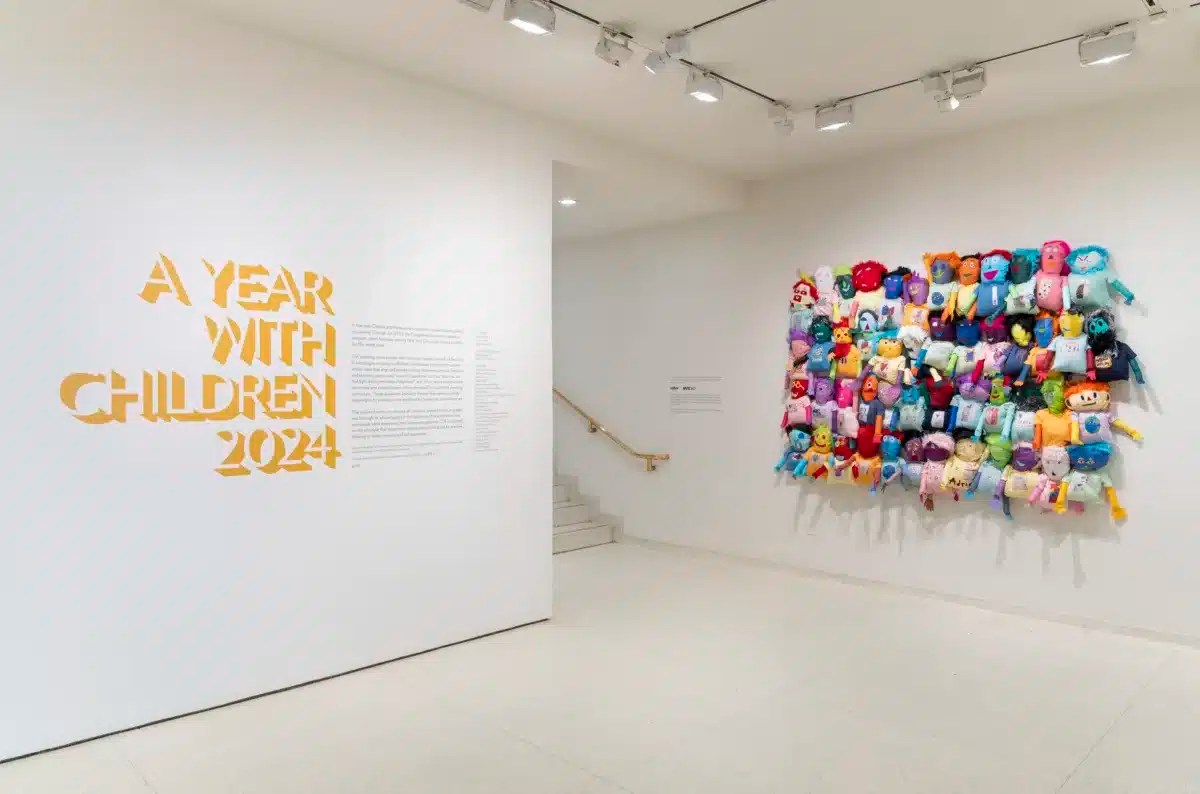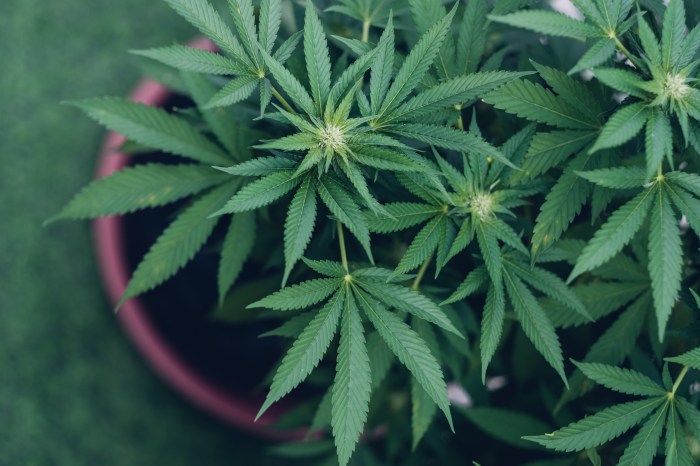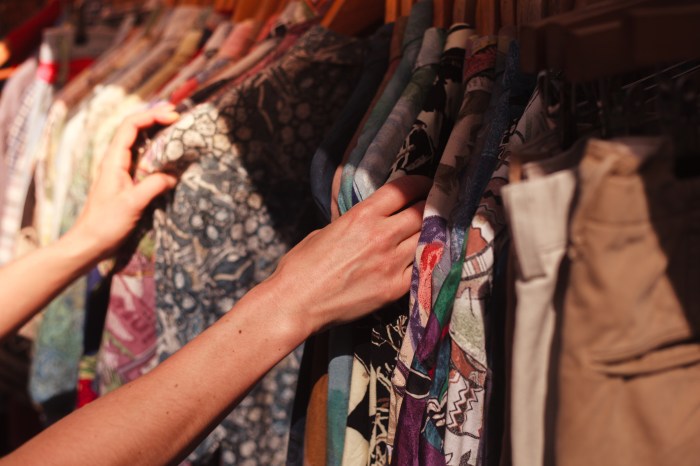Food waste is a sustainability issue that involves people on every level, from production to distribution to those in restaurants and at home.
For its first conference, the Institute of Culinary Education (ICE) has teamed up with The New School to present discussions and demos on ways to eliminate food waste.
Zero Waste Food Conference (April 28-29) will bring world-renowned chefs and innovators in the sustainability space to both institutions in what organizers hope will inspire attendees.
“The whole endeavor is, let’s make this positive and inspirational and delicious and fun and exciting, and not something that’s going to make you feel like crap because you haven’t been doing anything,” said Jenny McCoy, the director of student events at ICE who co-curated the conference with Fabio Parasecoli, the director of Food Studies Initiatives at The New School.
amNewYork spoke with McCoy about the conference.
Why did you want to focus on food waste?
No matter what level of chef you are, whether you’re someone working in a little neighborhood restaurant, or Thomas Keller running some of the best restaurants in the world, sustainability is really important. It’s this commonality we all have as chefs or restaurants or anyone working in the industry. It’s also something that resonates among the guests eating the food. It’s talked about at home.
How does ICE reduce food waste?
Food waste is something, as a culinary school, you see quite a bit of. In the classroom, we have to do things that are going to be wasteful in order to educate you — you’re learning how to break down things. As a school, we’re passionate about trying to do our best to be better at it. In our entire facility, we compost —anything that is waste, if it can’t be repurposed, that’s where it ends up. But throughout the process, we do a lot of things internally. We make sure that the salmon that’s butchered by this class then goes to the next class that’s actually cooking it. We also have the luxury of having a hydroponic farm in our school — we harvest the herbs as we need them, versus just buying them and if they don’t get used having to compost them.
What is the mission of the conference?
Our biggest mission was, we needed to make this accessible to all. It’s a topic that everyone can find interesting and can be passionate to do something about. But if we created a conference that was hundreds of dollars to attend, that’s not going to do us any good. We also wanted it to have a wide spectrum of voices. We wanted the chef voice, we wanted the activist voice, we wanted the academic voice. Also, every single person who attends this, no matter where they are in the industry, whether they simply are someone that likes to eat out and never cooks, or someone who is the greatest chef in the world, we wanted to make sure they walk away with at least one practical thing they can do tomorrow to make a difference.
How did approach which chefs to involve?
It was really hard to figure out who to ask; in some ways, all chefs are related to food waste. A lot of them were just people I have personal connections with that I really love and I know are very dedicated to it. Same with Fabio. No offense to Dan Barber, but maybe it wasn’t the Dan Barber who everyone already knows. Jehangir Mehta, the owner of Graffiti, actually has [made] a great name for himself for sustainable restaurants, but no one thinks of him as a food waste person. People like that. I went to a James Beard dinner and met Jaime Young [of Sunday in Brooklyn], who did an amazing dish that had one fermented component. I thought, oh my gosh, he’s so good, we should have him do fermentation. And we have some great thinkers at ICE as well — Michael Laiskonis, the creative director, runs the chocolate lab, making small-batch chocolate. Can we figure out a way to talk about how this is sustainable?
What are some highlights of the conference?
We have Madeline Holtzman of Vice Toaster and Toast Ale. Toast Ale makes beer from leftover bread scraps. She is going to be doing a demo about that. We have a guy name Ashwin Gopi who’s from Rise Products based in Brooklyn. He dries and mills spent grains from breweries and has an ale flour and a porter flour, and one of the bakers at ICE is going to use one of his flours to make bread. It’s going to be a beer and bread tasting.
What makes this conversation especially urgent?
This is not new — people have been composting, and trying to figure out what to do with their food waste, since bread pudding was invented. I feel like now is a critical time because it’s a topic that has gotten into the mainstream. It’s not esoteric anymore. I think that, in conjunction with New York City and their endeavor to get us to zero waste by 2030, which is phenomenal.
What are some tips for someone looking to reduce food waste at home?
My two biggest tips are one, shop your grocery store backward. If you’re going to load up on things, load up on things that aren’t perishable. And then when you get to the point where your cart is really full, you’re in the produce section, so you’re only buying the produce that you really need. That’s where the bulk of people’s waste goes. It’s not going to a can of beans, it’s going to the kale you didn’t get to. The next bit of advice is, utilize your freezer. Everything I have, if I’m not going to use it, goes into my freezer. I have two gallon-sized ziplock bags in my freezer at all times filled with herbs, carrot peels, red pepper seeds — I call it my kitchen sink stock. I just throw it into those two bags, and as soon as those two bags are full, I put it in a pot and boil it and have stock. I don’t buy stock anymore.











